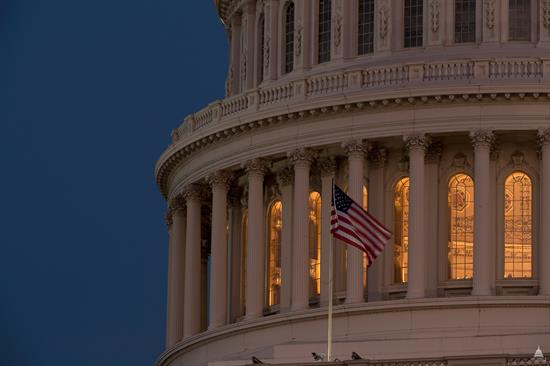McGovern Introduces Bipartisan Legislation to End Cuba Travel Ban
Washington,
July 25, 2019
Legislation Would Remove All Restrictions on U.S. Travel to Cuba
WASHINGTON – Today, Congressman James P. McGovern (D-MA), Chairman of the House Rules Committee and Co-Chair of the Tom Lantos Human Rights Commission, introduced bipartisan legislation alongside Rep. Tom Emmer (R-MN) in the House of Representatives to lift all restrictions on travel to Cuba by American citizens and legal residents. The legislation, which was cosponsored by Kathy Castor (D-FL), Eric A. “Rick” Crawford (R-AR), Barbara Lee (D-CA), Darin LaHood (R-IL), José E. Serrano (D-NY), Guy Reschenthaler (R-PA), Donald S. Beyer, Jr. (D-VA), Denver Riggleman (R-VA), would also lift restrictions on transactions in conjunction with such travel, such as banking transactions. Last month, the Trump administration further cracked down on travel to Cuba – implementing regulatory changes to ban “people-to-people” travel, the most common legal method of American travel to Cuba for non-family visits. The administration’s changes also bar all U.S. cruise vessels from entering Cuba. “Every single American should have the freedom to travel as they see fit. Yet the travel ban deliberately punishes the American people – our very best ambassadors – and prevents them from engaging directly with the Cuban people,” said Congressman McGovern. “It is a Cold-War relic that serves only to isolate the United States from our allies and partners in the region, while strengthening the control of ideological hardliners in both countries. It’s time for us to listen to the majority of Americans, Cuban-Americans, and Cubans who do not support the travel ban, and get rid of it once and for all.” The Trade Sanctions Reform and Export Enhancement Act (TSRA) of 2000 codified a ban on tourist travel to Cuba for U.S. nationals. It is the only country in the world for which the U.S. maintains a statutory travel ban. Currently, Americans can travel to China, Saudi Arabia, Vietnam, Russia, Iran and Syria – each with human rights records arguably as bad or worse than Cuba’s. Until just recently, Americans could even travel to North Korea. Ironically, continued efforts to further restrict the right of Americans to travel to Cuba have had devastating consequences for Cuba’s fledgling private sector – the very people the United States aims to help. Until these harsher measures were imposed, Cuba’s private sector had grown to be approximately 30 percent of Cuban economy. A companion bill will also be introduced on Monday in the Senate by a broad bipartisan group of 46 senators led by Senator Patrick Leahy (D-VT). |
Press Releases
Constituent Services
Read More
How can I help?
From getting answers from government agencies to cutting through red tape to get you results, my office is here to help.
